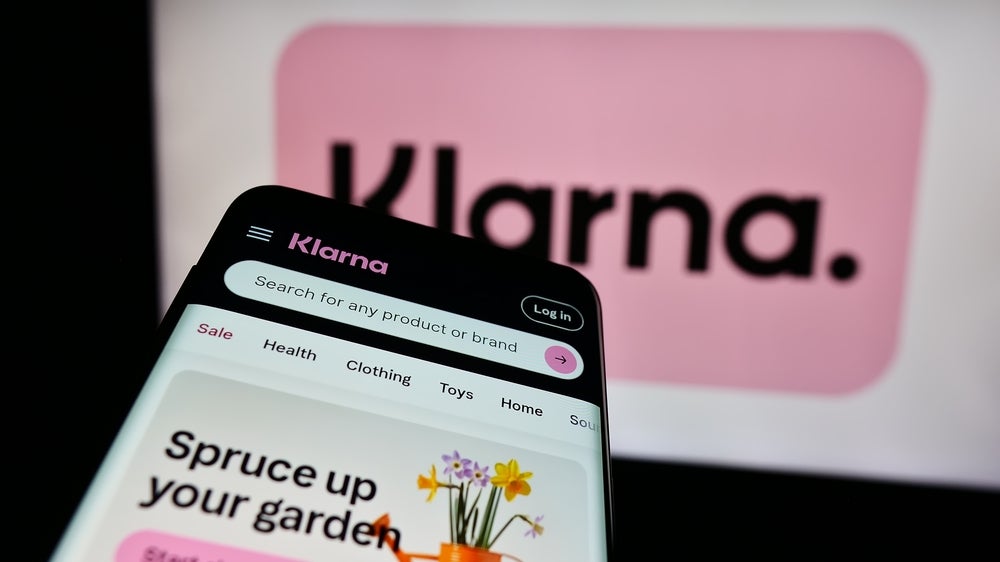
Finance and payments company Klarna says it has reduced hundreds of jobs and sees more reductions coming due to its implementation of AI.
The Swedish company is using AI to handle customer queries with chatbots to drastically reduce the time taken to resolve issues.

Access deeper industry intelligence
Experience unmatched clarity with a single platform that combines unique data, AI, and human expertise.
A buy-now-pay-later company, widely expected to seek a stock market listing next year, Klarna has been one of the early adopters of generative AI to cut costs and boost productivity.
CEO Sebastian Siemiatkowski said: “About 12 months ago, we would have about 5,000 active positions within the company, and we are now down to about 3,800.
“By simply not hiring, which we haven’t done since September… the company is kind of becoming smaller and smaller.”
The CEO said the reduction has been achieved through attrition, not layoffs.

US Tariffs are shifting - will you react or anticipate?
Don’t let policy changes catch you off guard. Stay proactive with real-time data and expert analysis.
By GlobalDataKlarna has achieved a first-half adjusted profit of $66m (Skr673m), having previously achieved a peak valuation of $46bn in 2021 on the basis of fundraising.
The company has stated that its AI assistant was performing the work of 700 employees, reducing the average resolution time from 11 minutes to just two.
This has caused the average revenue per employee over the past 12 months to increase by 73%, rising from Skr4m to Skr7m.
“We will continue to not recruit anything other than engineers for a significant time,” said Siemiatkowski, adding that the headcount could eventually fall to 2,000.
Klarna also reported first-half revenue of Skr13.3bn crowns, up 27% from a year before and boosted by revenue growth of 38% in the US.
Its adjusted profit compares with a loss of Skr456m last year.
Siemiatkowski said an initial public stock offering next year “sounds reasonable”, but there was no definite commitment by the company to launch an initial public offering.
He said Klarna might lean towards a US listing but had also seriously evaluated some European options.







